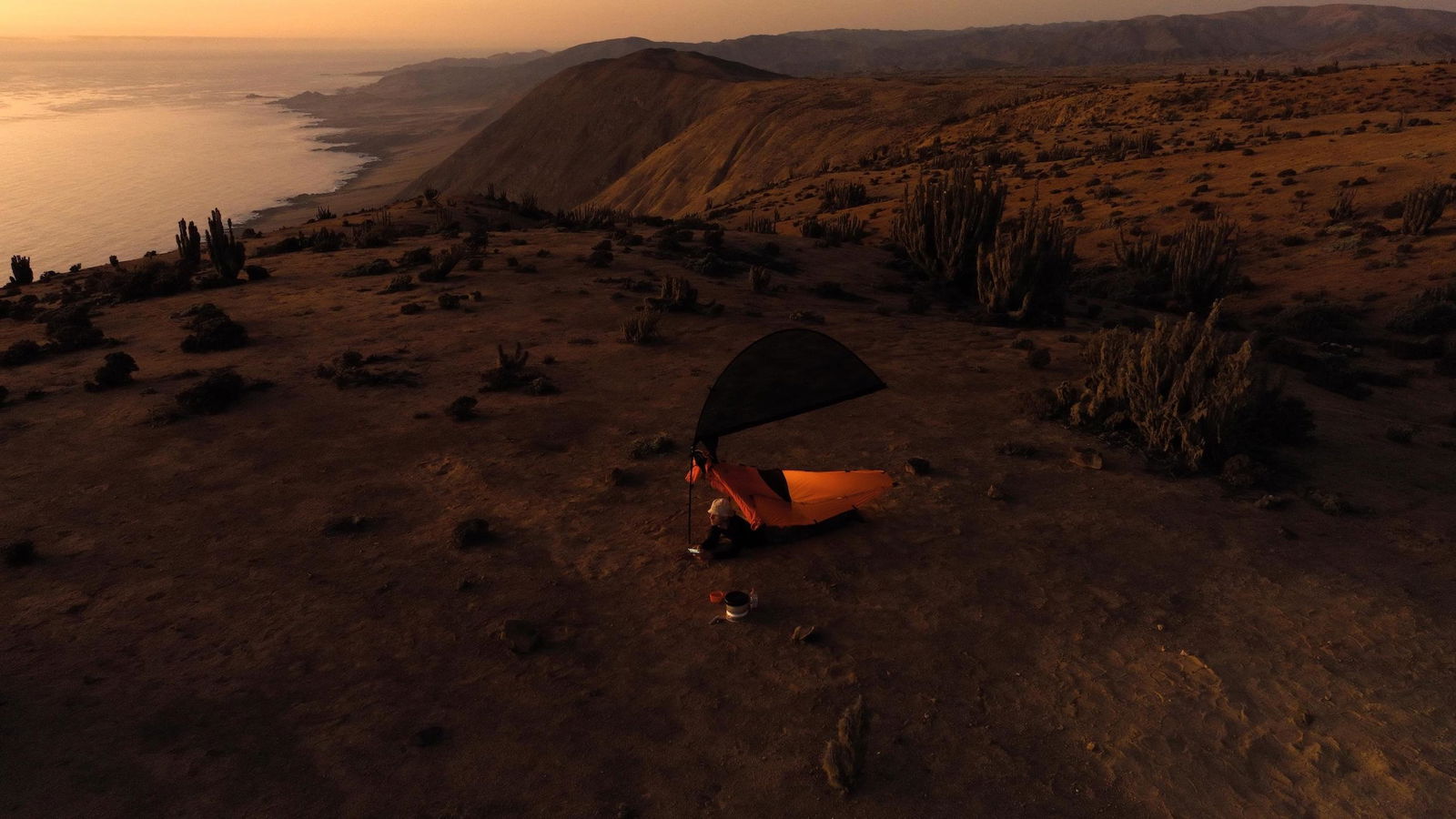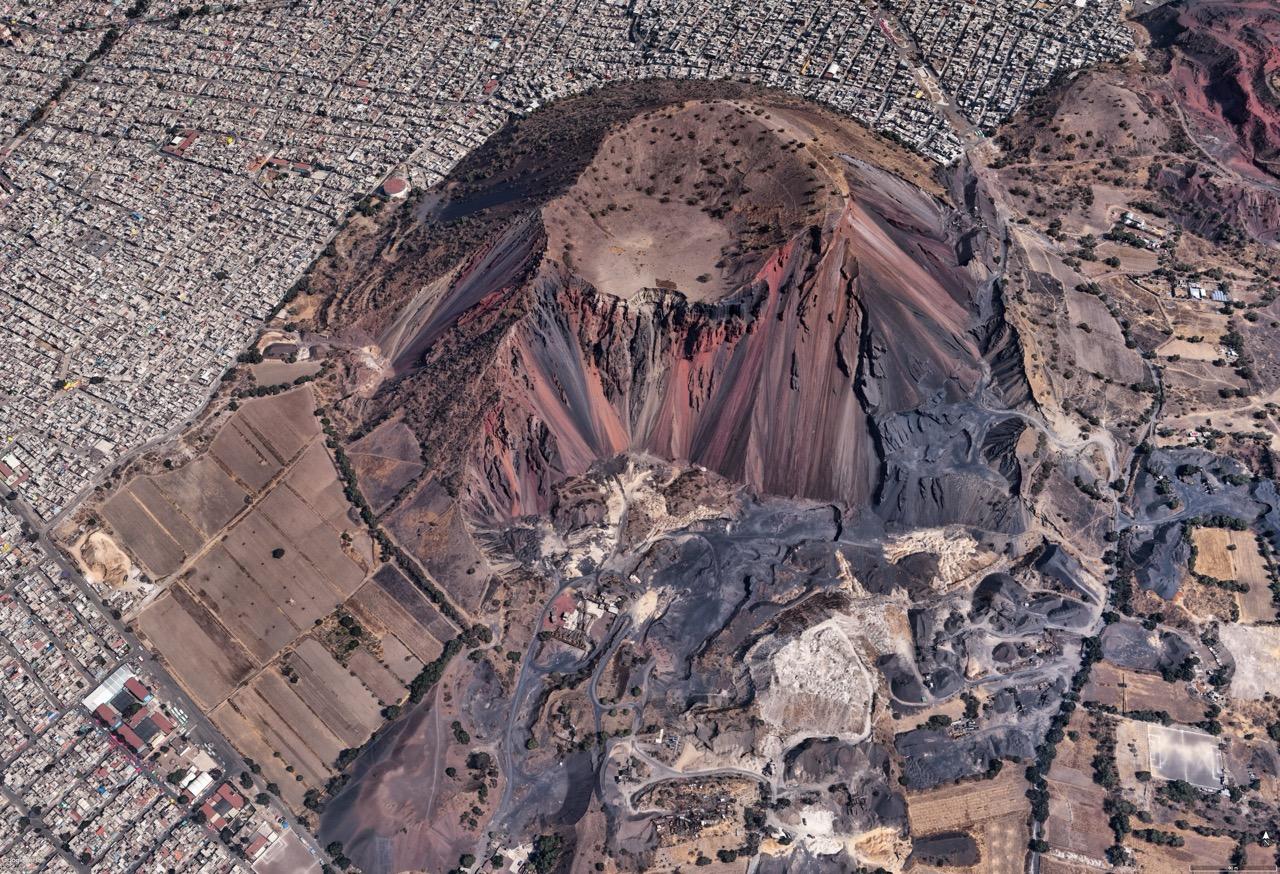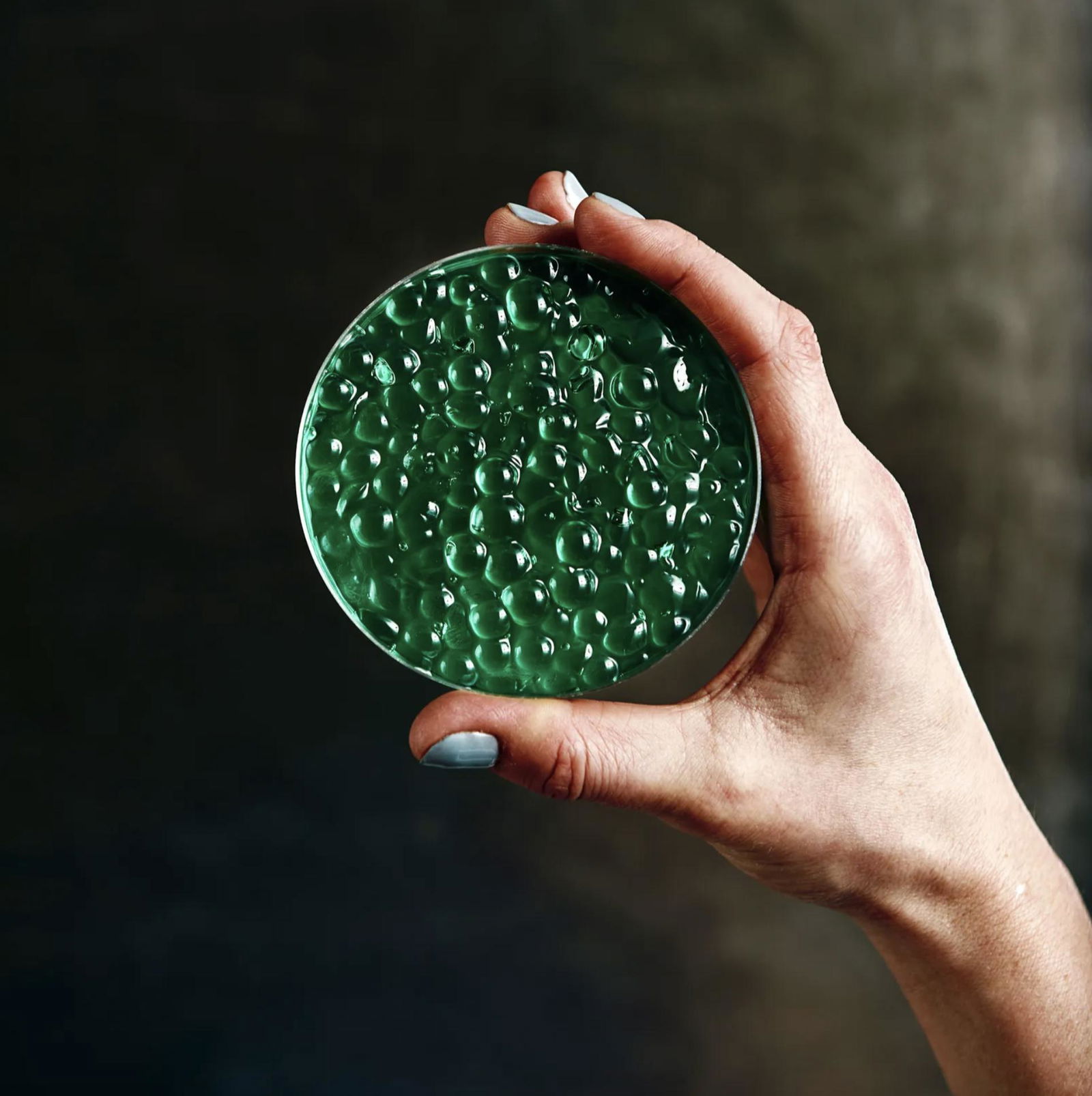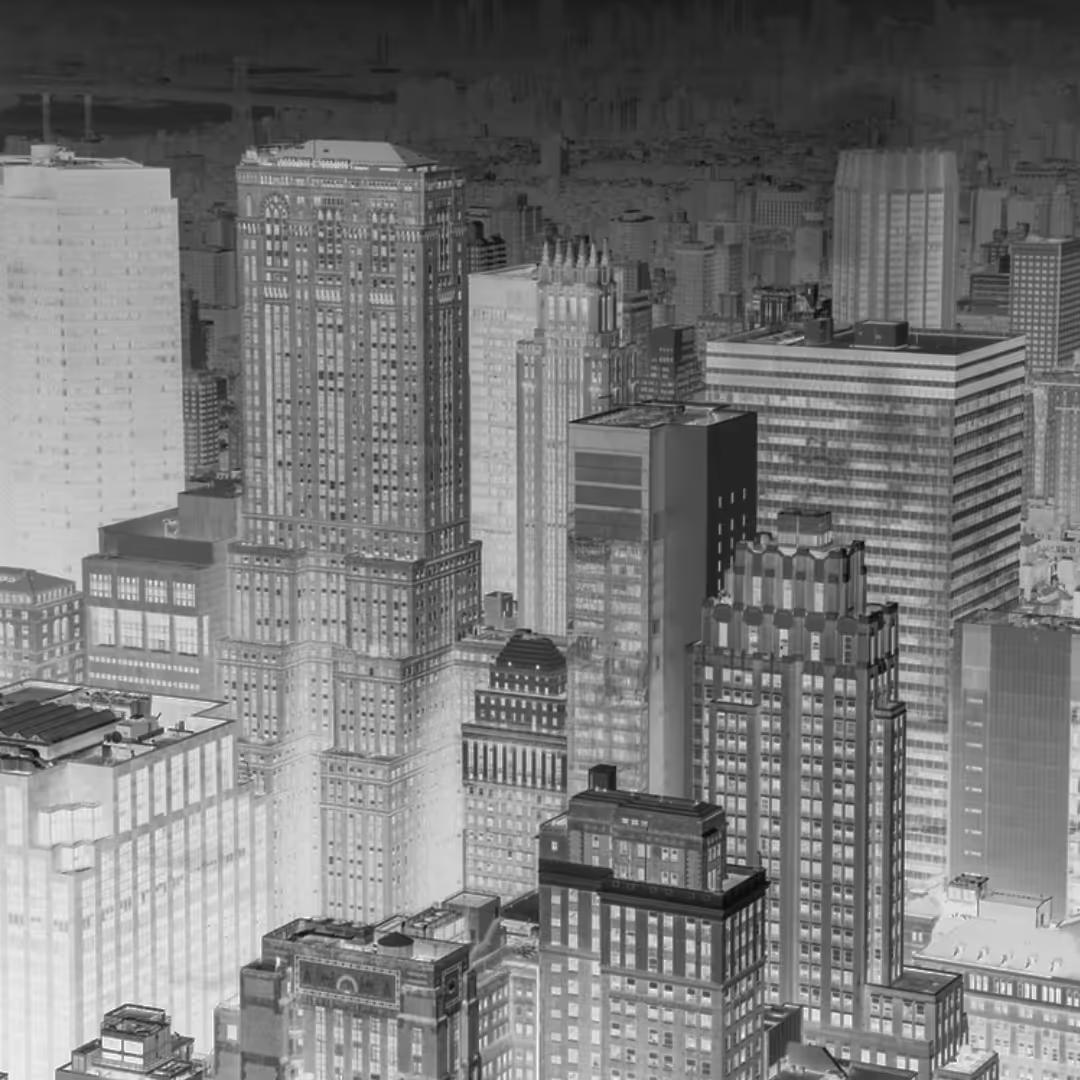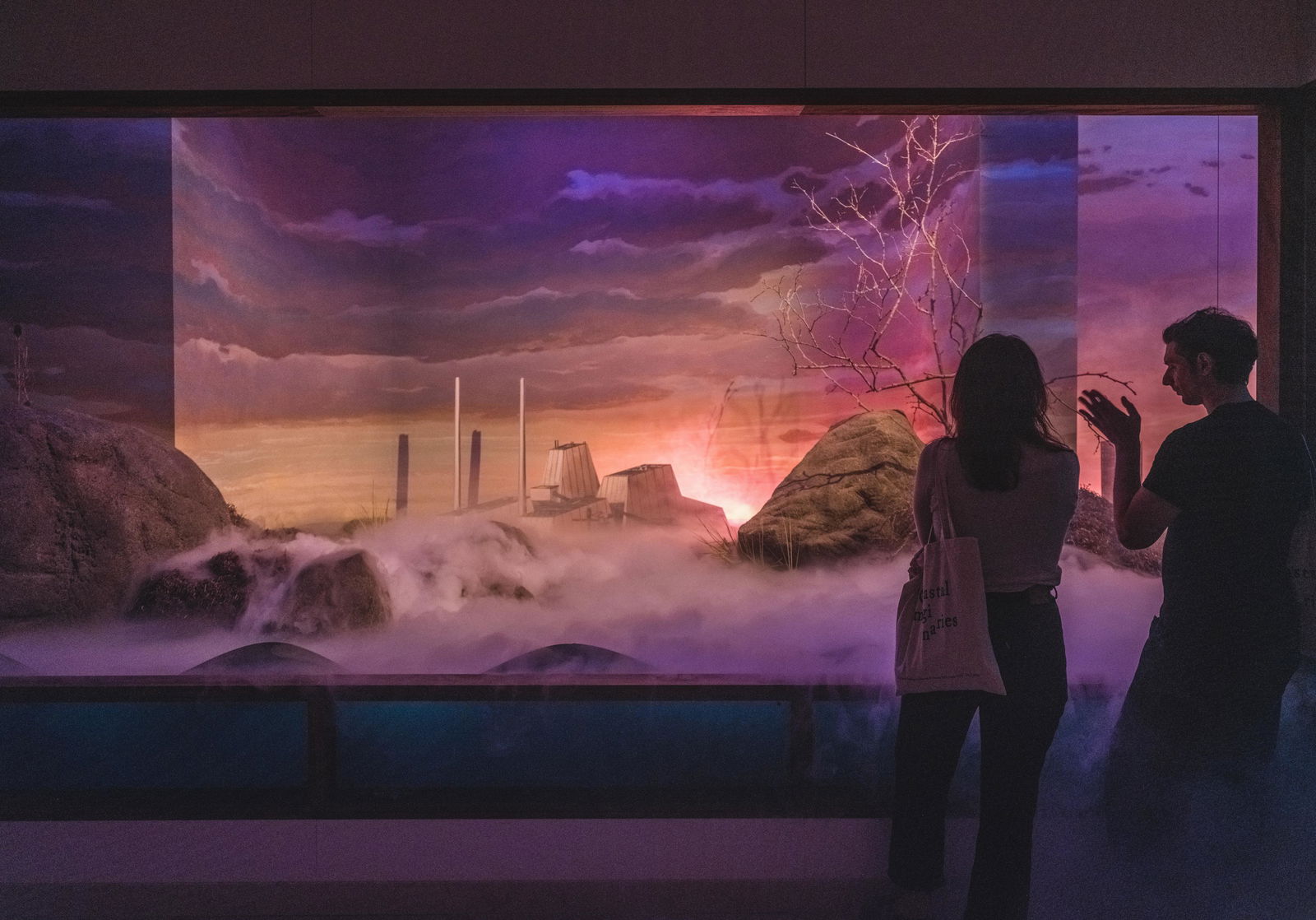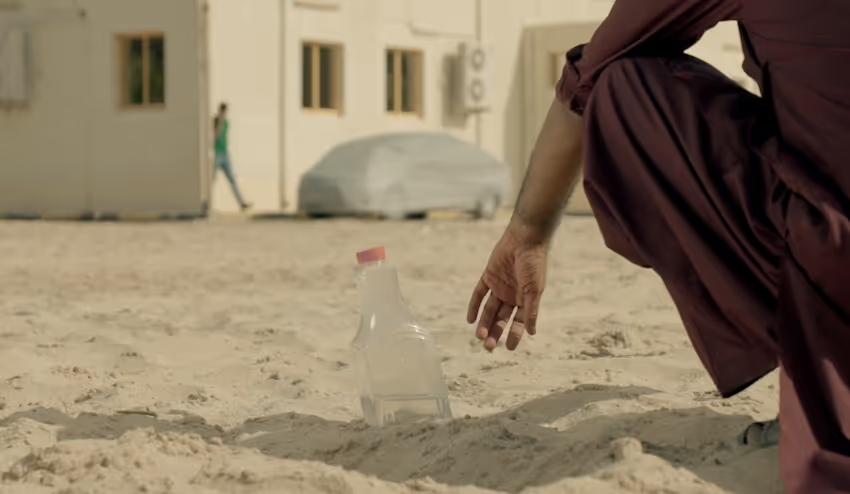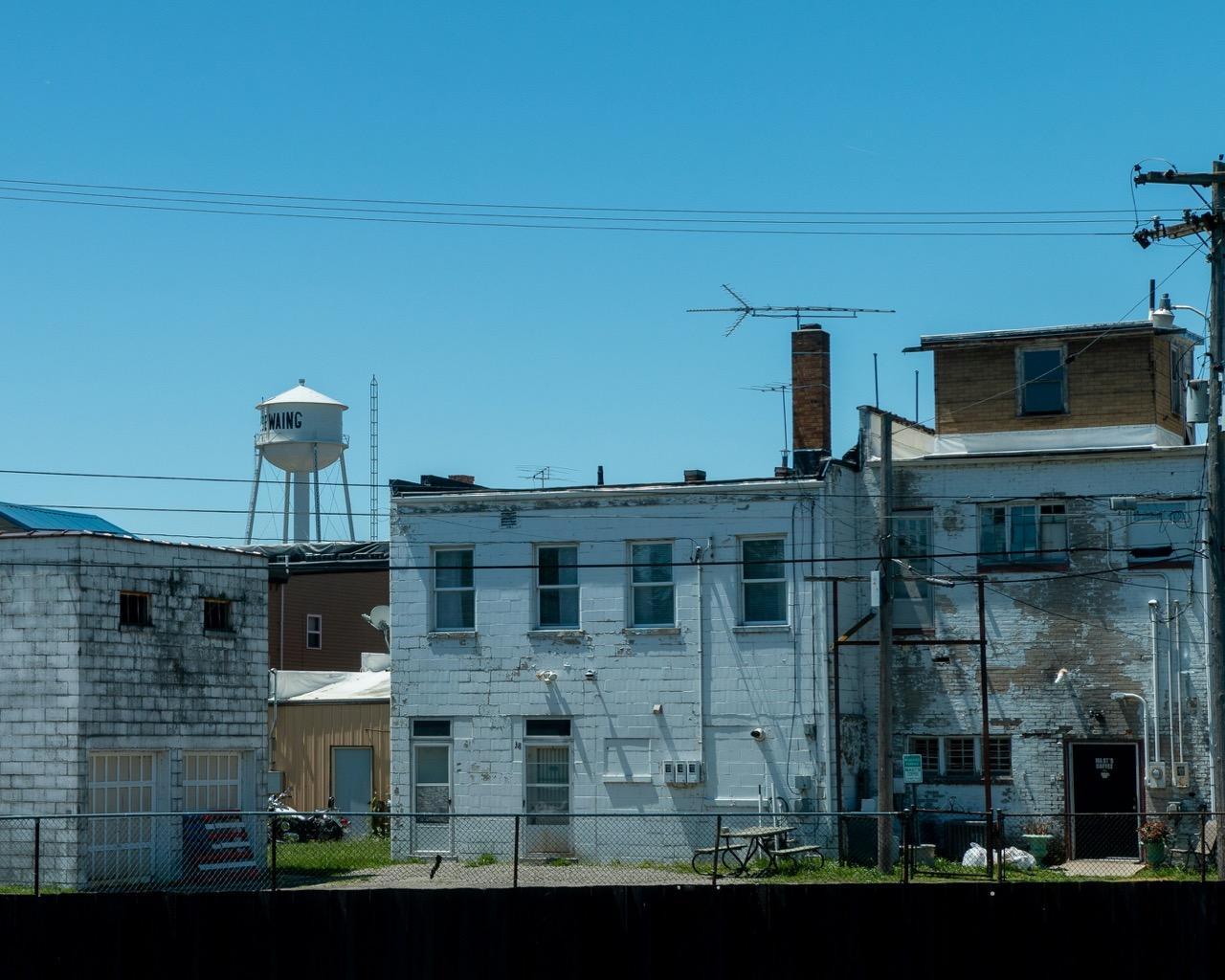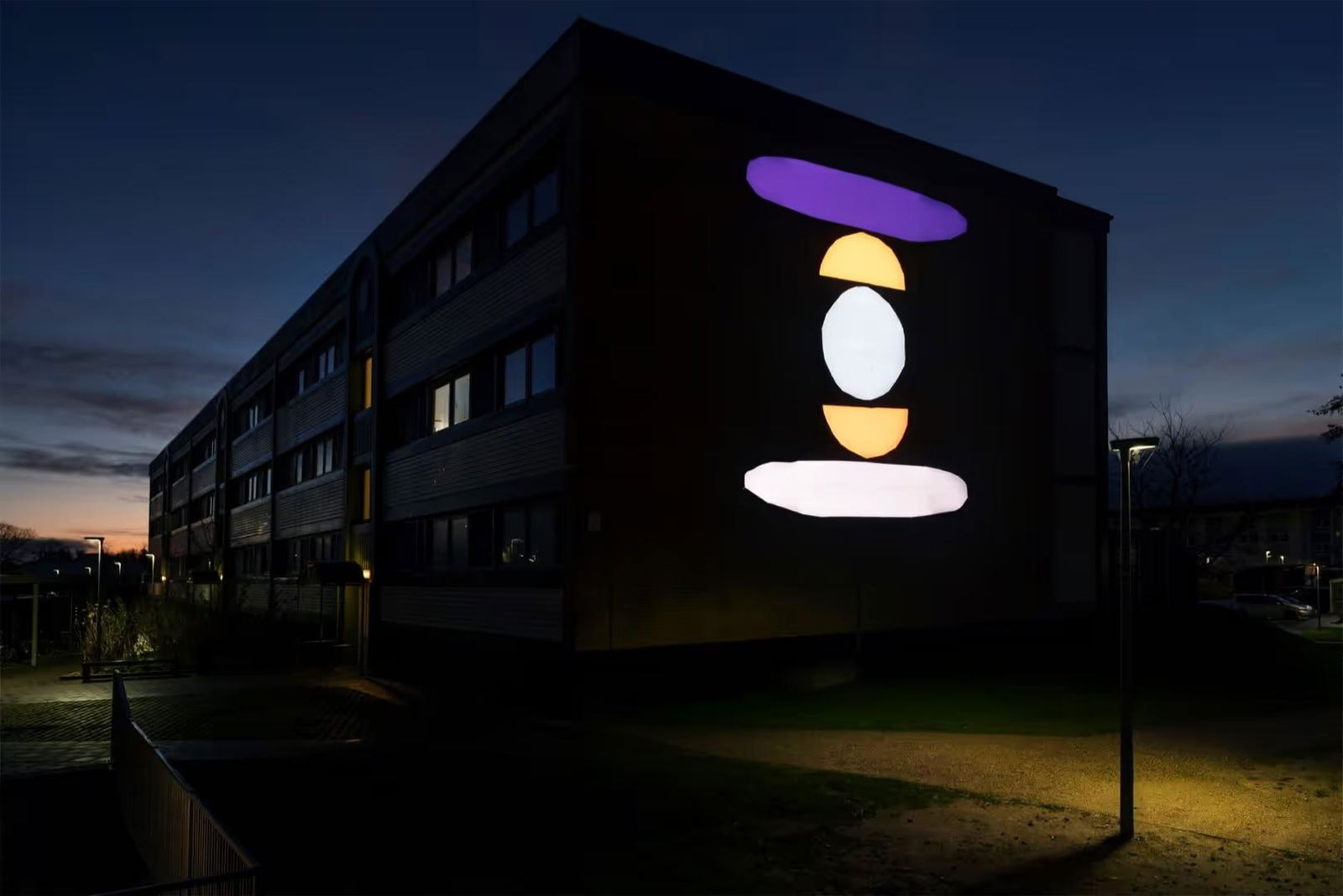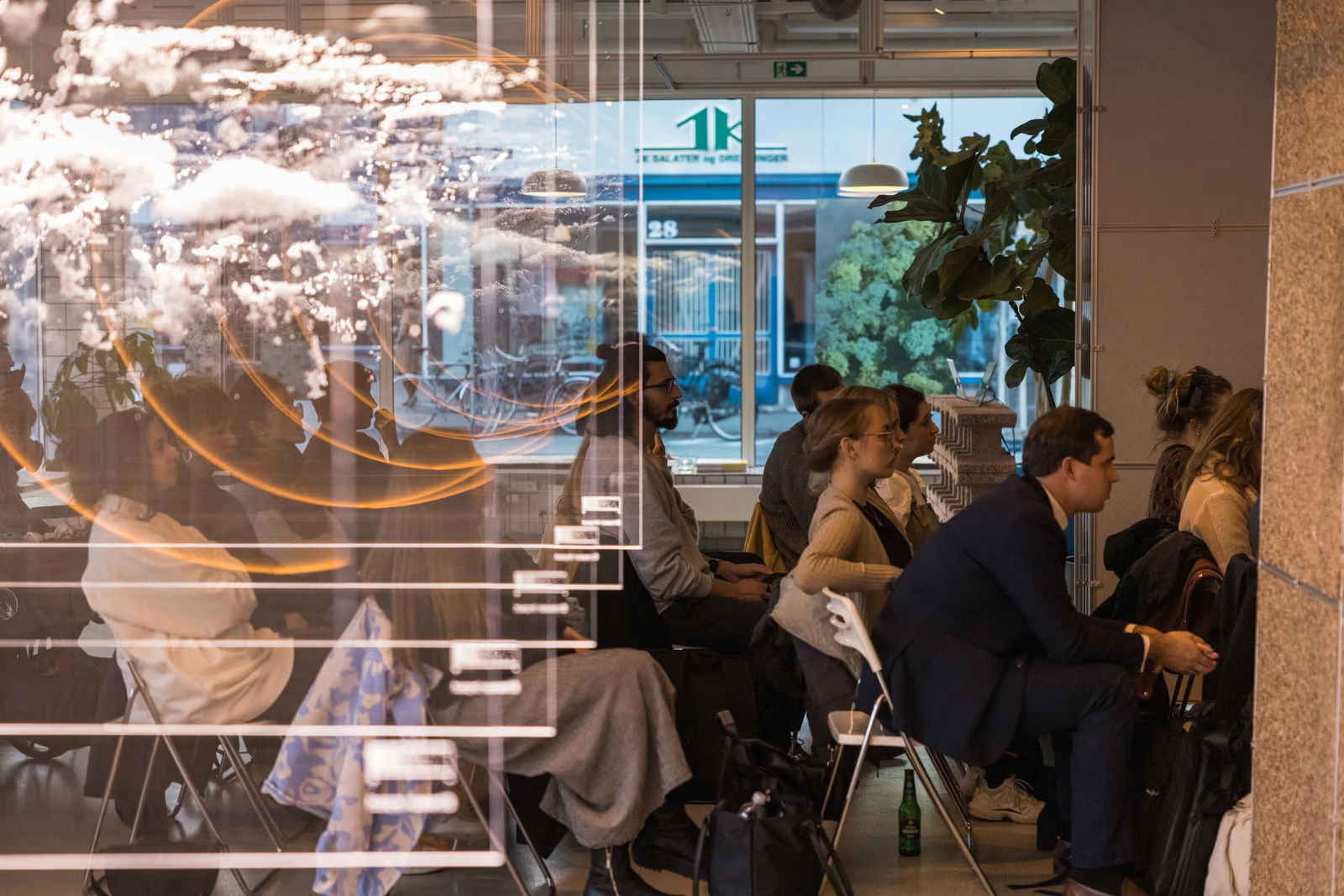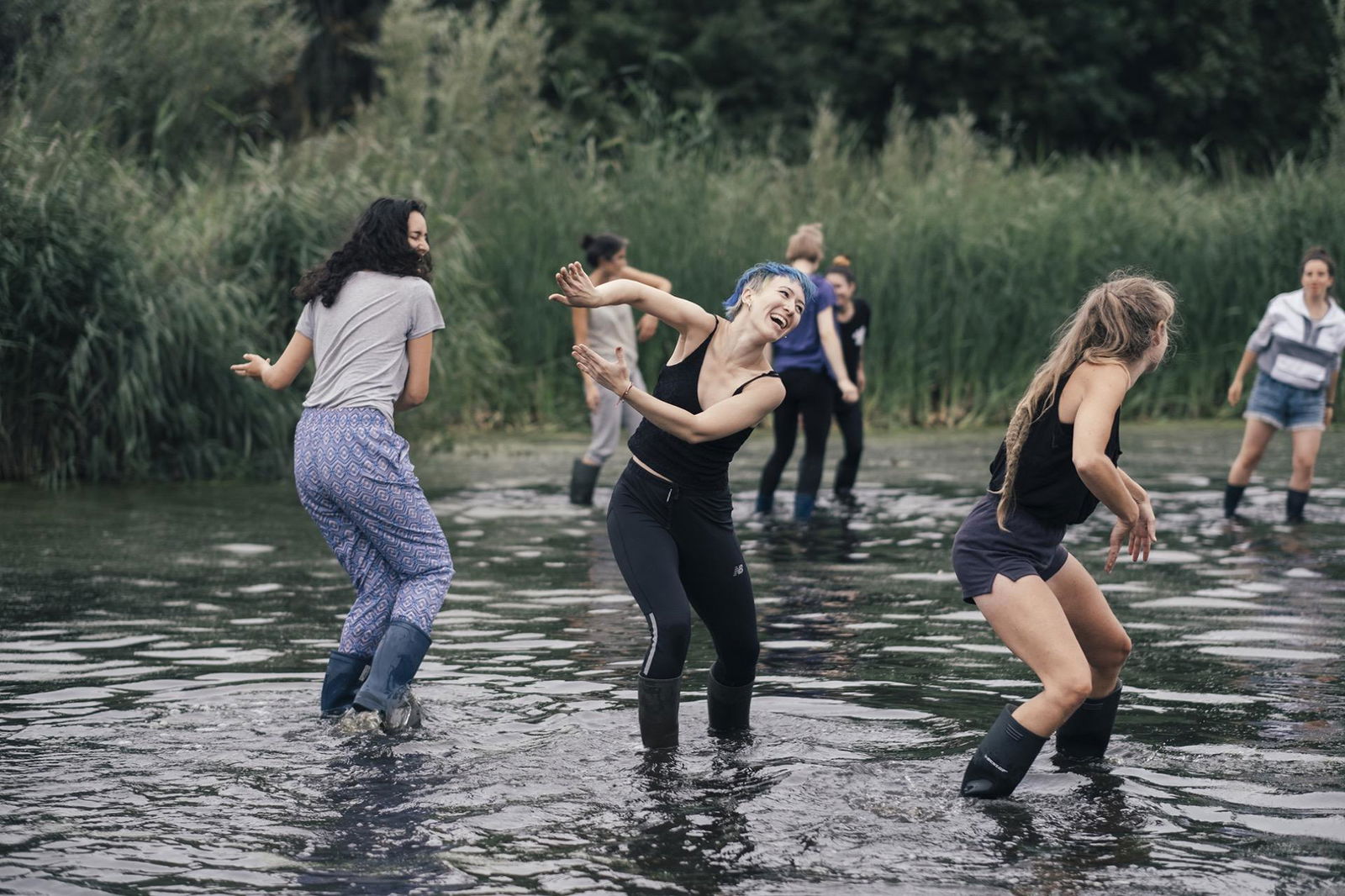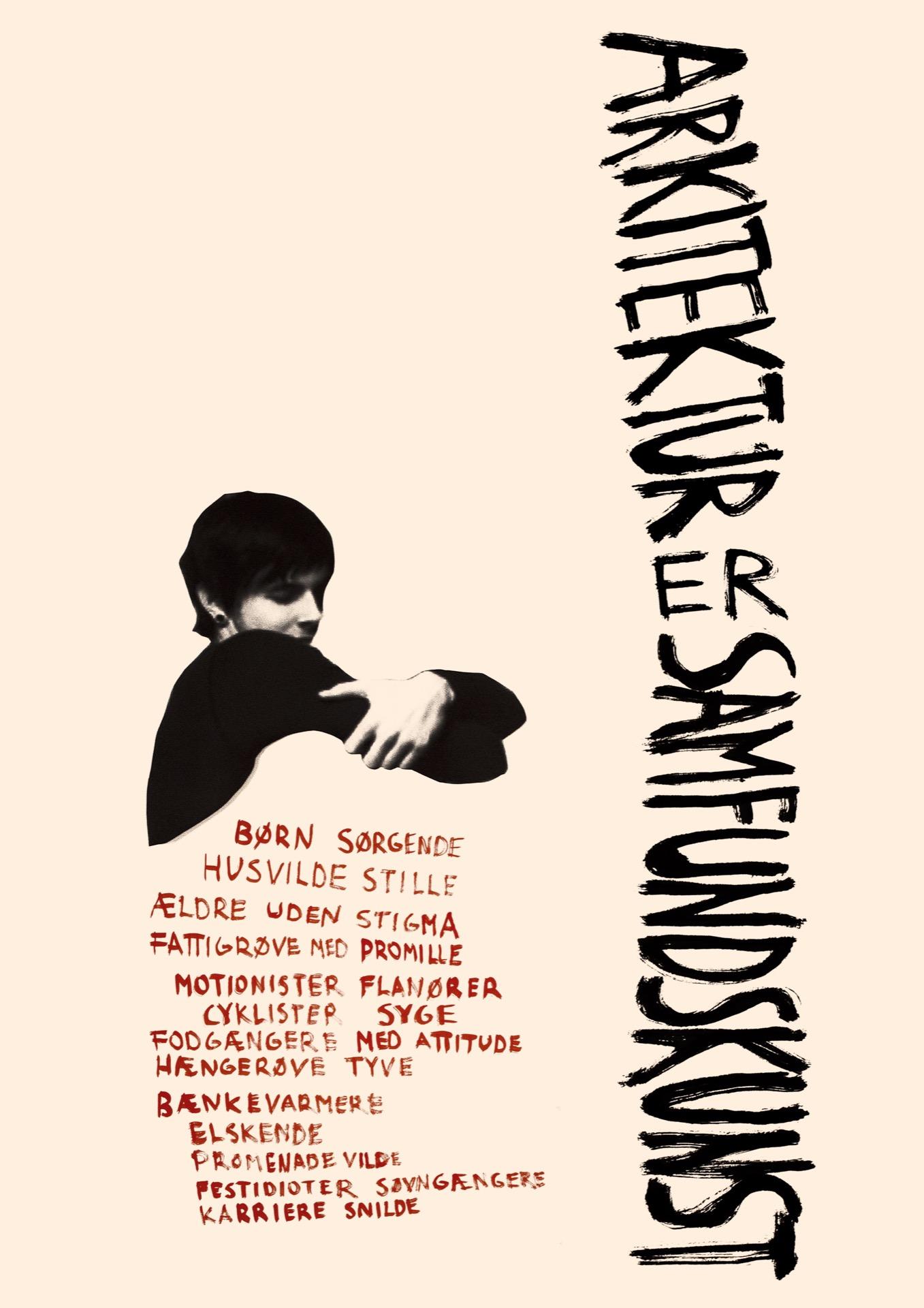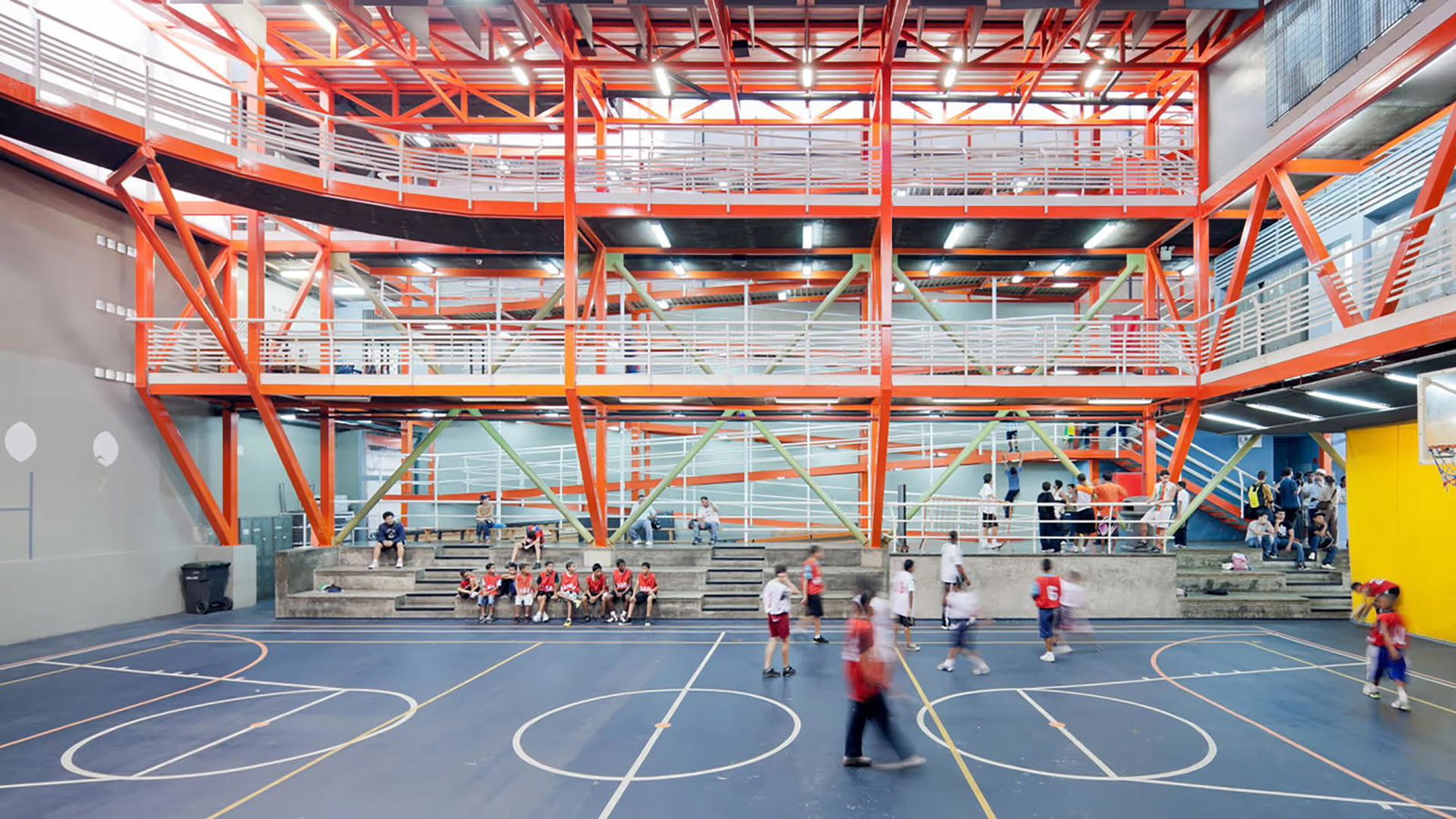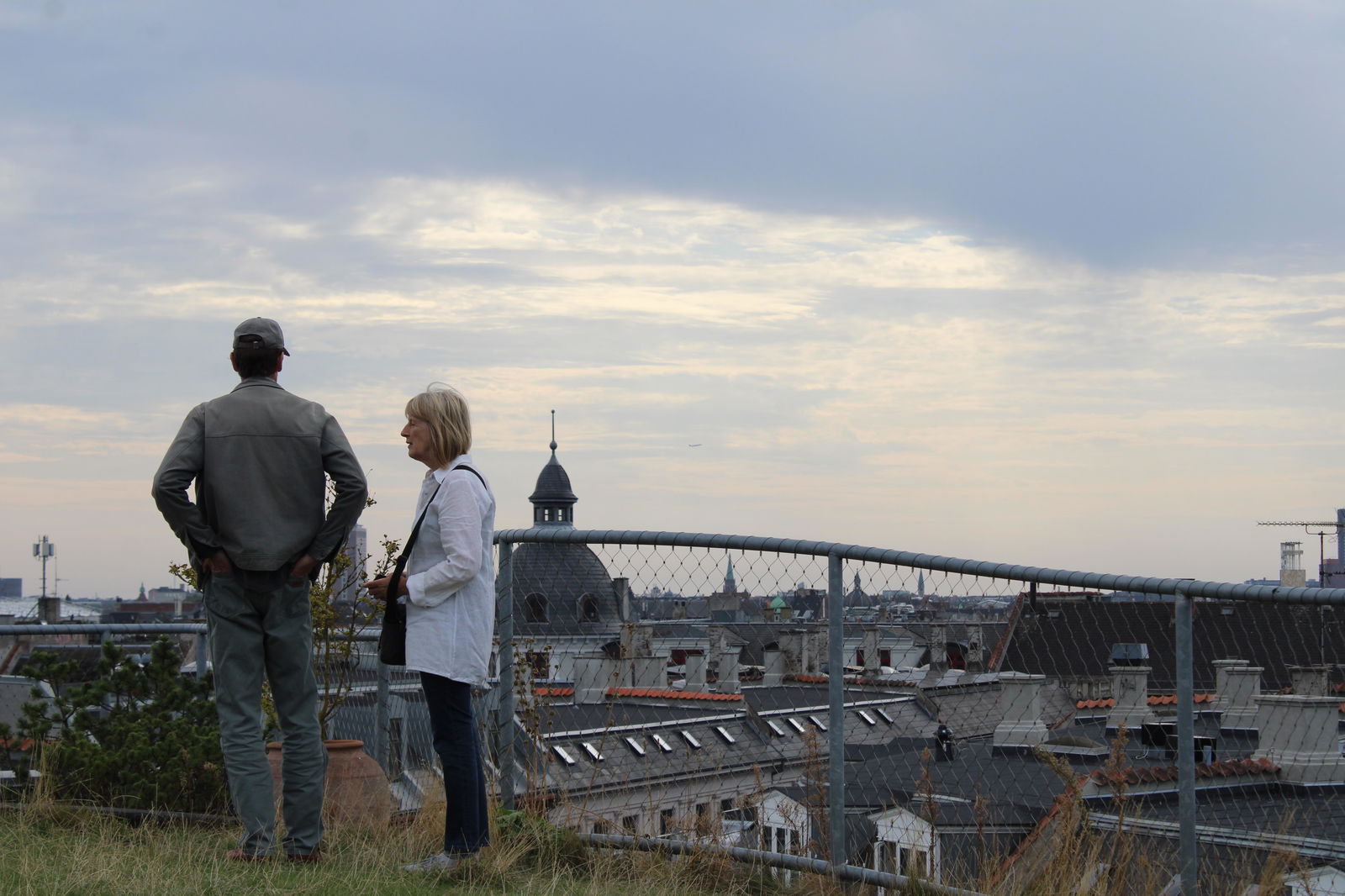The Corona pandemic disrupts everyday life in 189 countries of the world. It is a historic crisis, which travels around the world. It travels with people –and some studies say that it also travels with aerosols (small particles in the air). But it also travels with the capital flows whose continuity is now blocked, as David Harvey pointed out recently1. In the public discourse the pandemic is compared with the financial crisis in 2008 (relating it thereby to a worldwide economic recession), some speak of war (an interesting act of speech that serves to legitimize extraordinary means, including border closure) and others envisage and in fact look forward to the collapse of the capitalist world as we know it. Obviously, the framing and understanding of the current Corona crisis varies and some think of it in narrow ways, observing infection rates and doubling time, while others relate their crisis analysis to injustices and inequalities of our economic and social system2.
COVID-19 prompts us to pause as it disrupts our everyday life – the private one and our professional as lecturers and researchers. So what do we do with this un-welcomed pause? We suggest reflecting on the crises (in plural!). We reflect on them from different angles and perspectives, to embrace the ambivalences and see the connections: The virus itself is invisible, but the resulting emptiness of public spaces creates a weird presence around the globe. The virus connects places – no matter how remote they are – and jumps scales. It spread from some few places to the global level.
It loves foremost dense, urban places and global centers, but some caught it in their skiing resort and brought it home; it does not respect national borders that are now nevertheless closed. Some say the virus leads to new solidarities on the micro level; yet it also reveals a shocking lack of solidarity between states in Europe and beyond. It shows how ill-prepared we are in our modern societies in which progress is measured as GDP. Now we learn that we are vulnerable too, our connected economies are fragile and we learn that in the end human well-being is the most important good.
Human well-being and biophysical systems are closely related. Earth System Scientists have warned for a while that we overstep planetary boundaries, but our current economic system rests on and reproduces other boundaries. These boundaries separate our world in the included and the excluded, the ‘us’ and the ‘them’, the West and the rest. Those who consume resources and emit CO2 and those who are landless and carry the burdens. Socio-ecological burdens and inequalities are the defining characteristic of the Anthropocene and the crisis is multiple, overlapping and reinforcing.
Our consumption and production styles in the Global North are affecting ecosystems and livelihoods all around the world. To give an example from our research: The overfishing in the Gulf of Guinea is mainly driven by European and Japanese trawlers, and this leads to an increased consumption of bush meat in Ghana. Why? Because local fishing communities with small vessels and an even smaller outboard engine have very low catches and so they turn to other livelihood and protein sources. The consumption of bush meat is most likely responsible for Ebola and, as it seems also for Covid-19 that then travelled with the human hosts. We need to acknowledge that our imperial mode of living3 has far-reaching consequences.
To flatten the curve of the pandemic, economies were shut down. While the virus remains invisible, something else appears in satellite images from ESA: air quality improves in industrial regions that stopped or slowed-down production, transportation and traffic. This is a good (unintended but welcomed) outcome of this disruption, because emissions of aerosols are affecting lungs, making them even more vulnerable to diseases and leading to thousands of deaths due to air pollution. It also buys us some time (a few weeks perhaps) in mitigating climate change. These positive impacts on the environment and the promising solidarity between people can act as a positive utopia in this dystopic moment. Perhaps this is THE momentum for the much-needed transformation towards a low-carbon economy.
The social and the natural are inseparably intertwined, this is perhaps the central insight of the crisis looming for a while now: The World Health Organization has warned since 2001 on its website that land use change and urbanization, habitat degradation and biodiversity loss, climate change and demographic changes are posing cumulative risks to human-environment relations. “Worldwide, there is an apparent increase in many infectious diseases, including some newly-circulating ones (HIV/AIDS, hantavirus, hepatitis C, SARS, etc.). This reflects the combined impacts of rapid demographic, environmental, social, technological and other changes in our ways-of-living. Climate change will also affect infectious disease occurrence”4. Having this in mind, we should zoom out a little – not to distract from the suffering of those who are infected and ill, but to see the struggles and contractions in this era called the Anthropocene.
In the Anthropocene, we speak about a bottom billion that fail to progress; in the Anthropocene, 25 Million people are at risk of hunger in East Africa (yes, it is not in the news anymore but that does not mean that it has gone away: a locust plague is threatening livelihoods). In the Anthropocene, 485,000 people die from diarrhea per year. Other real threats in the Anthropocene involve the negative consequences of climate change, air pollution and resource grabs in the name of economic growth (our economies – not theirs). Critical scholarship must not overlook these connections; rather here lies our task to build alliances for a new transformative scholarship that creates new imaginations of a sustainable and just new normal.
Post Notes
First published April 1st in the digital booklet 'Crises in the Anthropocene through and beyond Corona, Undisciplined perspectives from the Governance & Sustainability Lab', Trier University, DE.







.avif)
